
Burundi Animals
Follow the Trail of Wild Nature – Nature Tourism in Burundi
Nestled in the heart of Africa, Burundi is a small country with a rich tapestry of habitats, from the dense forests of Kibira National Park to the wetlands of the Rusizi River and the shores of Lake Tanganyika. This diverse environment provides a sanctuary for a variety of wildlife, making Burundi a lesser-known but equally captivating destination for animal enthusiasts and eco-tourists alike.
Embark on an exploration of Burundi's fauna, where you can encounter the vibrant life that thrives within its borders. The country's national parks and reserves are a haven for primates, including troops of olive baboons and the elusive chimpanzees that swing through the canopies of ancient forests. The waters of Lake Tanganyika, one of the African Great Lakes, teem with an abundance of fish species, some of which are found nowhere else on Earth. Meanwhile, the skies above are traversed by a plethora of bird species, from the iconic fish eagle, with its haunting call, to the colorful bee-eaters that dart through the air with grace and agility.
Mammals of Burundi
Burundi, a small yet ecologically diverse country in East Africa, is home to a variety of mammals that enchant wildlife enthusiasts. In the dense forests of Kibira National Park, one might catch a glimpse of the elusive chimpanzee, a primate whose intelligence and behaviors are a constant source of wonder. The park also provides refuge for the strikingly patterned serval, a wild cat known for its impressive leaps as it hunts. Roaming the savannas of Ruvubu National Park, herds of hippos can be observed lounging in the water, while the stealthy leopard prowls silently in the shadows. Additionally, the graceful impala and the stately Cape buffalo are common sights in Burundi's protected areas, embodying the spirit of the African wilderness.
Birds of Burundi
Burundi, a country with a rich tapestry of avian life, is home to a fascinating array of birds that captivate the interest of birdwatchers and tourists alike. Among the feathered denizens, the regal Fish Eagle stands out with its piercing call and majestic flight, often seen around Lake Tanganyika. The vibrant Malachite Kingfisher can also be spotted darting along the water's edge, a flash of iridescent blue and orange. In the verdant forests, the elusive African Broadbill, with its unique plumage, adds a touch of mystery, while the air is filled with the melodic tunes of the Black-headed Oriole. These species, along with many others, make Burundi a must-visit destination for anyone keen on observing the wonders of the avian world.
Reptiles
Top Spots for Wildlife Observation in Burundi
- Rusizi National Park, located in the western part of Burundi near the border with the Democratic Republic of Congo, is a haven for a variety of bird species, including the elusive shoebill stork, herons, and kingfishers. The park's wetlands and riverine habitats also support populations of hippos and Nile crocodiles, offering visitors a chance to see these majestic creatures in their natural environment.
- Kibira National Park, situated in the northern highlands of Burundi, is a montane rainforest that is home to a diverse array of primates. Visitors can spot troops of colobus monkeys leaping through the canopy, as well as the smaller and more elusive owl-faced monkeys. The park's dense foliage also provides shelter for a variety of bird species, including the Great Blue Turaco and the regal sunbird.
- Ruvubu National Park, the largest national park in Burundi, lies along the Ruvubu River and is characterized by savannah, wetlands, and gallery forests. This park is a sanctuary for antelopes such as the bushbuck and the elusive sitatunga, which is adapted to swampy habitats. Birdwatchers can also enjoy sightings of the African fish eagle and numerous species of weavers and sunbirds.
- Bururi Forest Reserve, a montane rainforest in the southern highlands, is a biodiversity hotspot with a rich avifauna. The forest is a stronghold for the Albertine Rift endemic birds, including the handsome francolin and the mountain masked apalis. The reserve's dense undergrowth and towering trees also provide a habitat for small mammals and a variety of reptiles and amphibians.
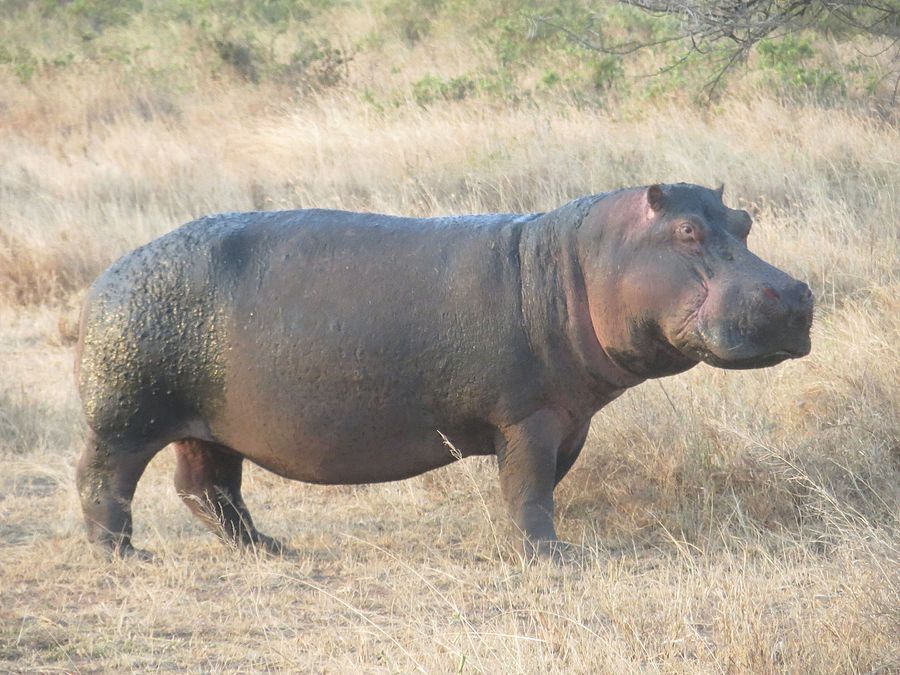
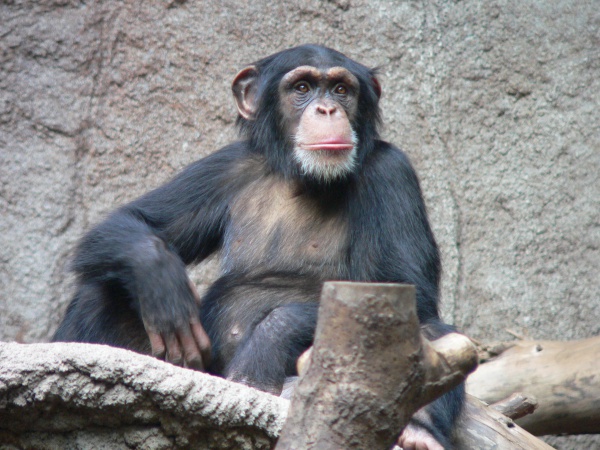
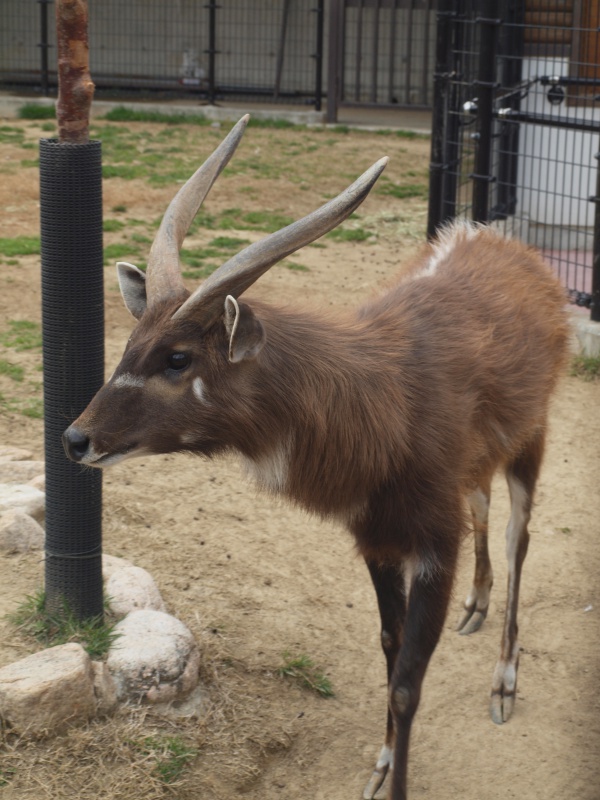
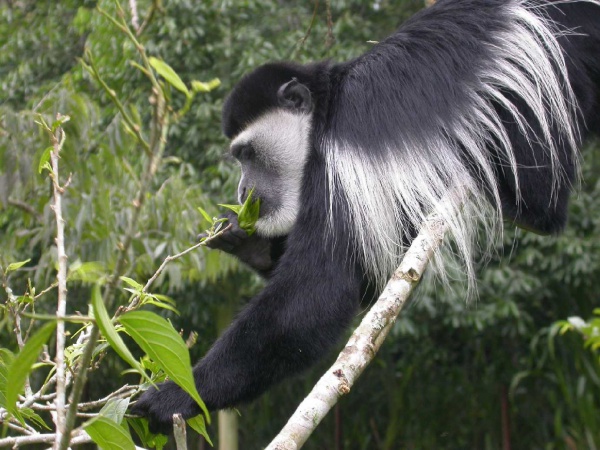
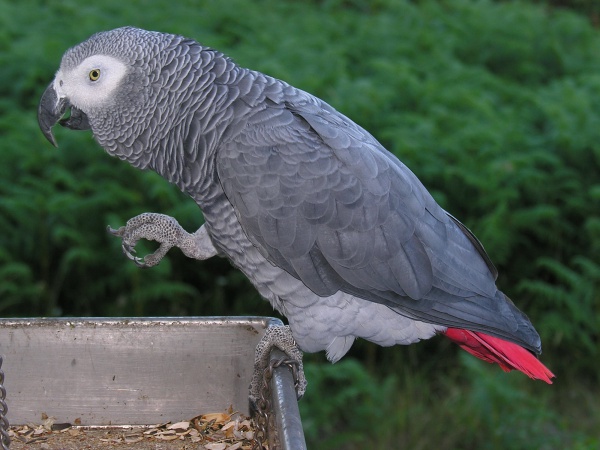
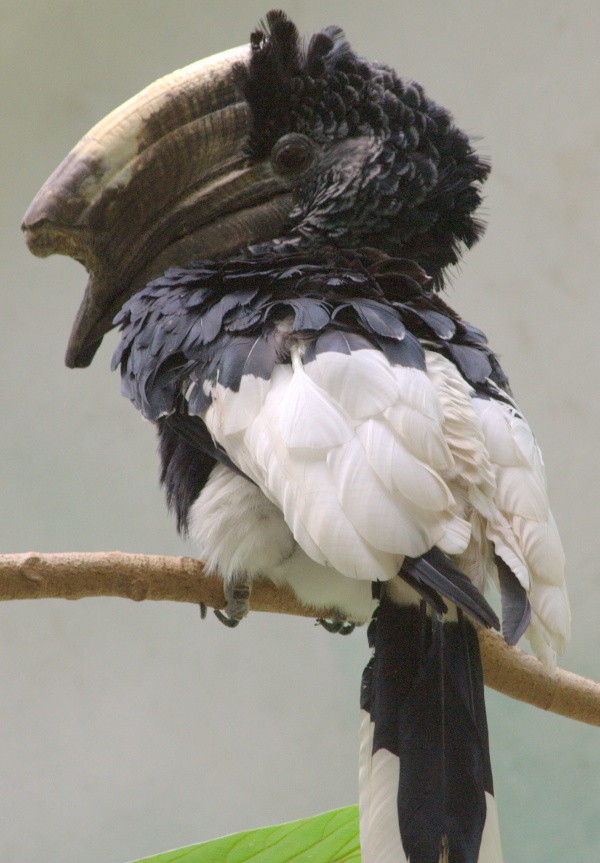
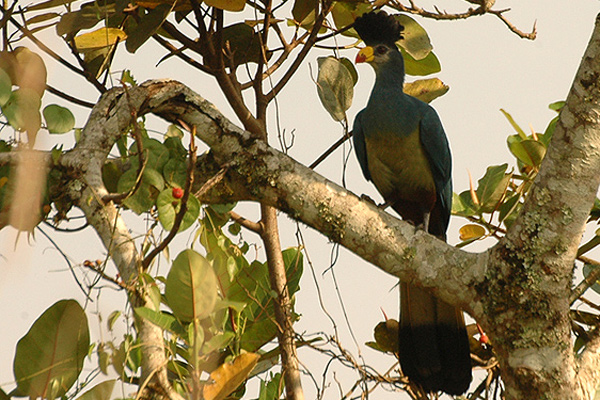
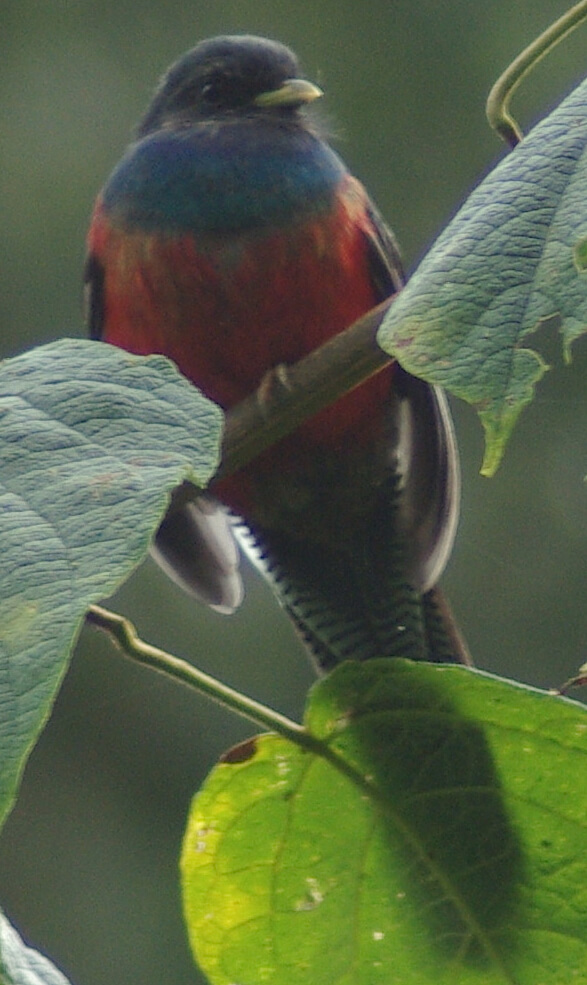
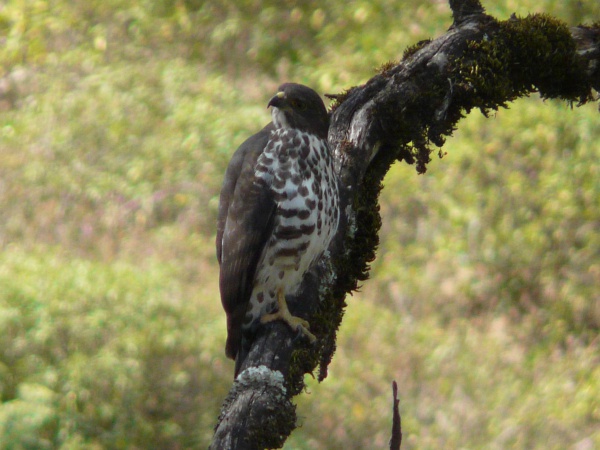
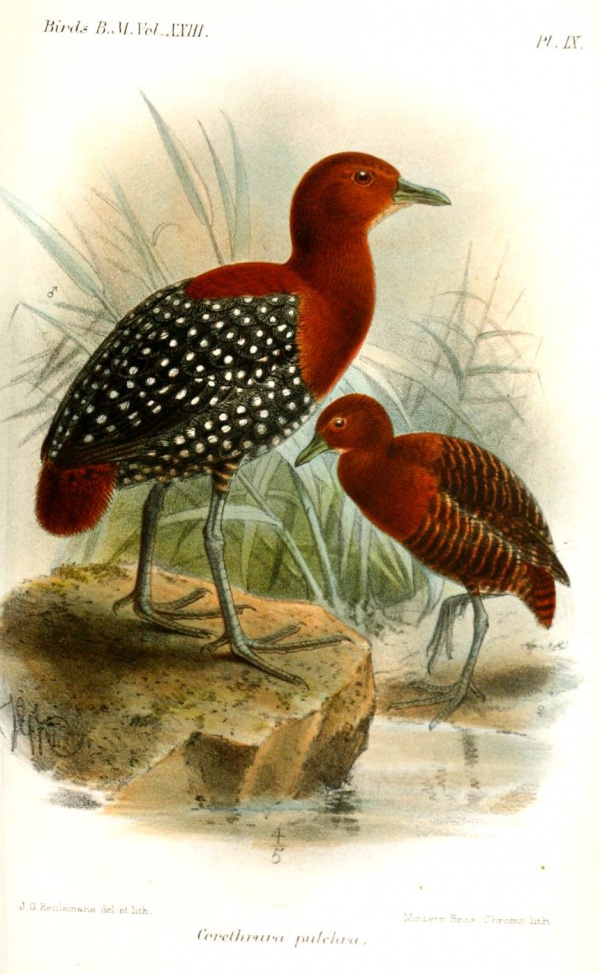
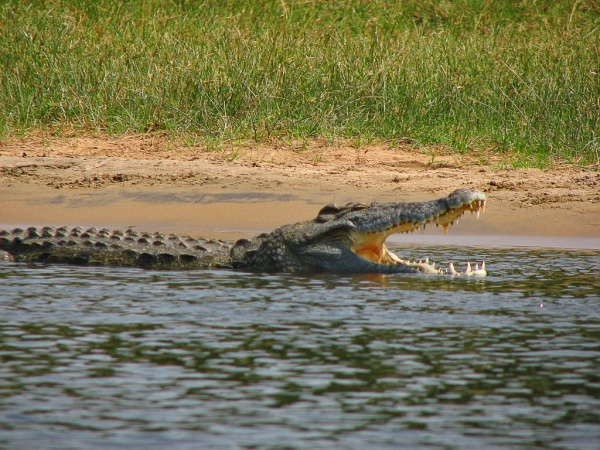
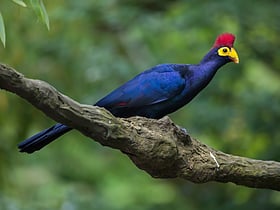
 Tanzania
Tanzania